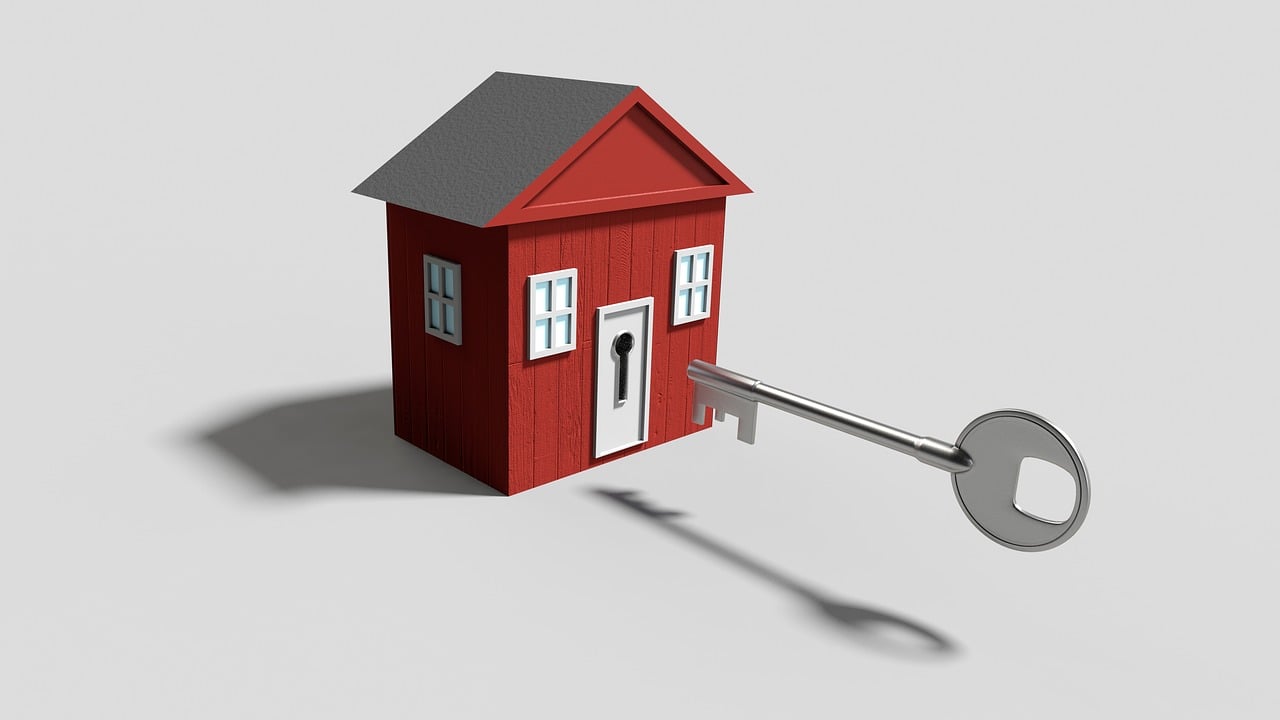A No B. S. Guide to Downsizing for Retirement

Downsizing
Retirement is not a fade-out—it is your chance to remix life on your terms. And downsizing for retirement? That is your backstage pass to freedom. You might dream of a minimalist lifestyle. Perhaps you want a new location. Or maybe you just want to cut costs and clutter. Downsizing can be a powerful move. But like any great tour, it takes planning, precision, and a killer setlist.
This post is not just about shrinking your square footage—it is about expanding your possibilities. Let’s dive into the nitty-gritty. Avoid the rookie mistakes. Explore every angle so you can decide if downsizing is your retirement anthem.
Things to Consider Before You Downsize for Retirement
Downsizing is not just a financial decision—it is emotional, logistical, and deeply personal. Here is what to think about before you pack up your amps and hit the road.
Housing Costs: More Than Dollars and Cents
Sure, you might save on your mortgage, but housing costs are layered like a classic rock ballad. Consider, for instance:
Crime Rate in Targeted Area: Safety is non-negotiable. Research local crime stats, talk to residents, and visit neighborhoods at different times of day. A lower cost of living is not worth feeling unsafe.
Location Relative to Amenities: Are you close to grocery stores, pharmacies, parks, and entertainment? If you are used to grabbing coffee or walking to the gym, make sure your new spot keeps that rhythm.
Proximity to Health Care Facilities: As we age, access to doctors, specialists, and hospitals becomes crucial. Do not trade convenience for isolation.
Emotional Attachment to Current Home: Your home holds decades of memories. Letting go can feel like losing a part of yourself. Honor those feelings—maybe take photos, write down stories, or host a farewell gathering.
Climate (If Relocating): Dreaming of Arizona? Be ready for dry heat. Thinking about the Pacific Northwest? Prepare for rain. Climate affects everything from your wardrobe to your energy bills.
Taxes can sneak up like a surprise encore. Here is what to watch for:
State and Local Taxes: Some states (like Florida and Texas) are tax-friendly for retirees. Others may tax pensions, Social Security, or retirement income. Research before you relocate.
Property Taxes: A smaller home does not always mean lower taxes. Rates vary wildly by county and city. Check local assessments and exemptions for seniors.
Estate/Inheritance Taxes: If you are planning to leave assets to loved ones, understand how your state handles inheritance. Some states have thresholds that impact your estate.
Sales Taxes: A state with no sales tax has higher property or income taxes. Look at the full tax picture—not just one line item.
Mistakes to Avoid: Don’t Let Your Retirement Hit Turn Into a Flop
Even seasoned Rockstar make mistakes. Here is how to avoid the biggest blunders:
Overestimating Value of Current Home: Sentimental value does not equal market value. Get a professional appraisal and compare recent sales in your area.
Underestimating Value of New Home: That “affordable” condo might come with HOA fees, renovation costs, or hidden issues. Inspect thoroughly.
Miscalculation of Moving Expenses: Movers, packing supplies, travel, storage—it adds up fast. Budget for every detail, including meals and lodging if you are relocating far.
Ignoring Tax Implications: Selling your home could trigger capital gains taxes, especially if it’s appreciated significantly. Consult a tax advisor.
Forgetting to Account for Closing Costs: These can include title fees, inspections, appraisals, and more. Plan for 2–5% of the purchase price.
Waiting Until the Last Minute: Downsizing takes time—emotionally and logistically. Start early to avoid rushed decisions and missed opportunities.
Purchasing a Home That Does Not Meet Your Needs: Think long-term. Will you need single-level living? Wider doorways? Proximity to family or care?
Alternatives to Downsizing for Retirement: Remix the Plan
If downsizing feels like selling your soul, consider these creative alternatives:
Reverse Mortgage: Tap into your home’s equity without selling. You stay put, but receive monthly payments or a lump sum. Just be sure you understand the long-term impact.
Renting Out Part of Your Current Home: Turn unused space into income. A basement suite, garage apartment, or even Airbnb can help offset costs.
Renting Instead of Buying: Want flexibility? Renting lets you test-drive a new location without committing. It is perfect for retirees who want to travel or explore.
Pros and Cons of Retirement Downsizing: The Greatest Hits and Misses
Like any album, downsizing has its chart-toppers and its deep cuts.
Pros
Potential Lower Living Costs: Smaller home = smaller bills. That means more money for travel, hobbies, or spoiling the grandkids.
Increased Financial Security: Freeing up equity can boost your retirement savings, reduce stress, and give you options.
Simplified Maintenance: Less space means fewer repairs, less cleaning, and more time for fun.
Change of Location: Want to live near the beach? In a walkable downtown? Downsizing opens doors to new adventures.
Could Make Money: Sell high, buy low, and pocket the difference. That is a win.
Could Save Money: Lower taxes, insurance, and utilities can add up to serious savings.
Could Make Life Easier: Less clutter, fewer chores, and more freedom to do what you love.
Cons
Emotional Attachment to Current Home: Letting go is hard. You are not just selling a house—you are closing a chapter.
Adjusting to Smaller Space: Downsizing means decluttering—and possibly saying goodbye to cherished items.
Loss of Social Connections: Moving away from friends, neighbors, and community can be isolating. Consider how you will stay connected.
Additional Fees: Closing costs, moving expenses, new furniture—it adds up.
No Guarantee of Saving Money: Sometimes the math does not work out. Be thorough.
Moving Costs: Professional movers, travel, storage—it is not cheap.
Storage Costs: If you cannot part with your stuff, you will pay to store it. That is a recurring expense to consider.
Other Things to Downsize for Retirement: Clean Out the Tour Bus
Downsizing your home is just the beginning. Let’s talk about other areas where you can lighten the load:
Debt
Retirement should be about freedom, not financial chains. Pay down credit cards, car loans, and personal debt. Consider consolidating or refinancing if it helps. Less debt = more peace of mind.
Car
Do you need two vehicles? Could you switch to something more fuel-efficient or easier to maintain? Maybe it is time to trade the SUV for a sleek little convertible that screams “I’m retired and loving it.”
Furniture
Big house = big furniture. Small house = rethink the setup. Sell, donate, or repurpose what does not fit your new space or lifestyle. Bonus: You can finally ditch that clunky recliner from 1992.
Other Household Items
From kitchen gadgets to holiday decorations, we accumulate a lot of stuff. If it does not spark joy—or serve a purpose—it is time to let it go. Host a garage sale, donate to charity, or gift items to family. Downsizing is a chance to curate your space like a gallery of your greatest hits.
Final Encore: Your Retirement, Your Way
Downsizing is not about giving up—it is about gearing up. It is about stripping away the excess and focusing on what truly matters: freedom, connection, adventure, and peace of mind.
You might be moving to a cozy cottage. Perhaps you are renting a beachside bungalow. Maybe you are staying put and reimagining your space. The key is intentionality. Do not let fear or nostalgia hold you back. Embrace the change with the same boldness you brought to every stage of your life.
You are not fading out—you are turning the volume up on a new chapter.
Until next time,
Take a Walk on the Wild Side,
Tia.
As an Amazon Associate, I earn from qualifying purchases. These links help keep the lights on and the mixtapes rolling—thank you for supporting Retirement Rockstars.






